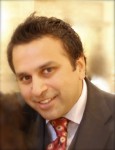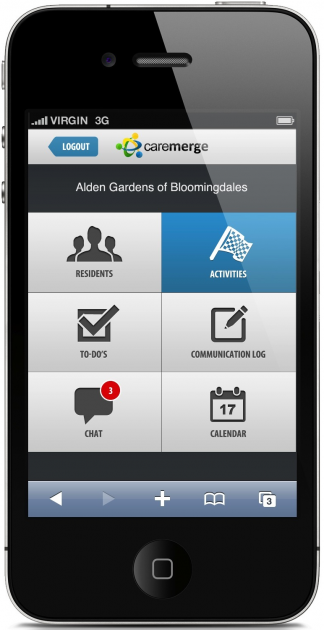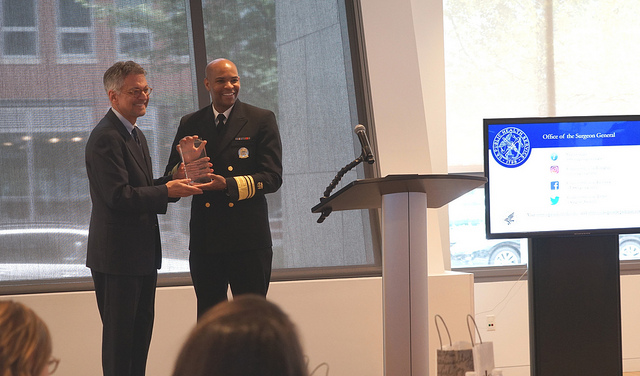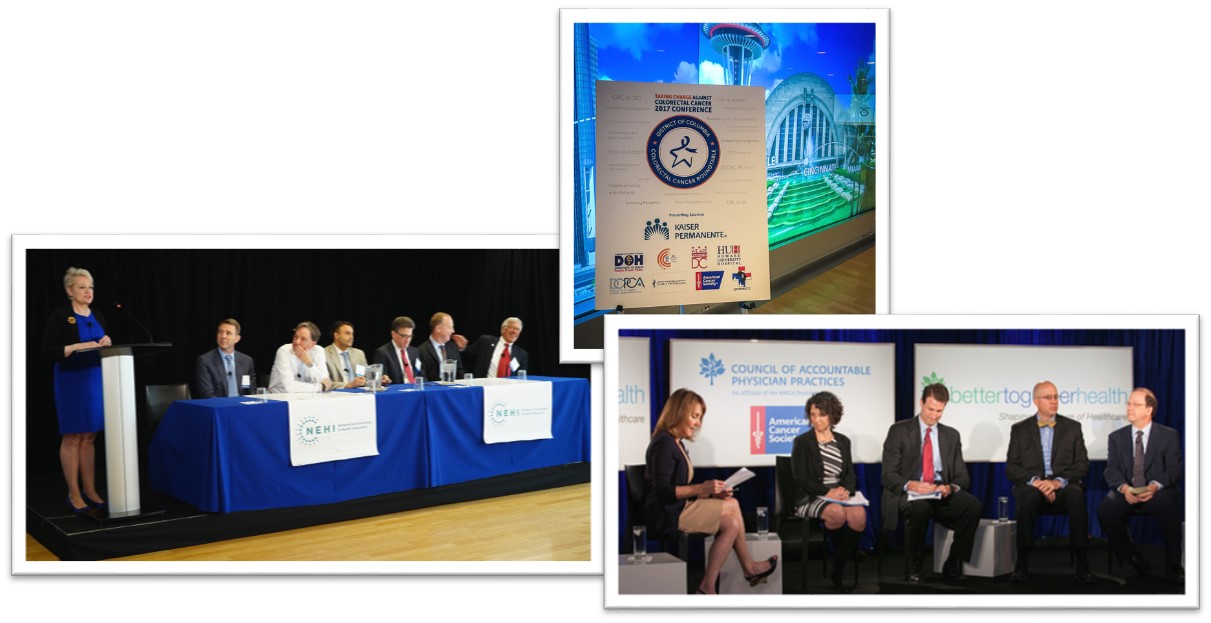
This week in our spotlight series on innovators, we interviewed Asif Khan, Founder and CEO of Caremerge (www.caremerge.com).
After a personal experience showed Khan how fragmented health care can be, he set out to design a complete set of web-based and mobile apps to improve coordination, specifically for senior citizens and their care providers, both clinical and family. Care merge apps track everything from medications to patient activity and clinical assessments. According to its website, Caremerge was selected to be part of the GE Health Growth Acceleration Program (a partnership with StartUp Health), and was named one of the five coolest apps of 2013 by HealthBeat Magazine. Our interview with Khan is below.
CTH Blog:
First, please tell us a little about yourself and why you became interested in health and technology.
AK:
I have been in the health and technology industry for the past 12 years. I have been in various global leadership roles at GE IT before launching Caremerge. Health care has many opportunities for improvement, not only in the U.S., but also around the world.
CTH Blog:
Being an entrepreneur must be very rewarding and exciting, but also quite challenging. What is the passion that drives you?
AK:
I strongly believe in wellness and that better health care is a fundamental right (just like food and shelter) for everyone. Effective health care should not be considered a privilege. The question is, how do we provide health care more efficiently and affordably at a global level? Caremerge is set out to solve this problem by bringing patient into the middle and allowing all the care providers (irrespective of their physical location) around that patient to see what each one is doing, sharing information, documents, images, and most importantly to be able to include the patient and engage with each other in a HIPAA compliant real-time chat within a patient centric context.
CTH Blog:
How did you get into your current field? How long have you been working on this project or company?
AK:
My parents volunteer building orphanages, schools, hospitals, etc. in remote areas in a developing country. In 2010, my mother got terribly ill and was put on ventilators, once I got there I realized that my father didn’t have all her medical information organized to share with the physicians. I was very upset with my father that he didn’t have this information together, but then he asked me “Asif, do you know which medications you took three months ago or which physicians your wife goes to and sees?” I was speechless!
I realized that as advanced as we are in the United States with the advancements in medicine, we are as backward as a developing country when it comes to accessing and sharing critical information about patients. That’s when I launched Caremerge, focusing initially on the most vulnerable demographic, our elderly, which by the way, also costs the most to our health care system and us.
CTH Blog:
What do you think is the most exciting innovation or trend happening health care right now?
 AK:
AK:
It is exciting that care coordination is at the core of health care reform, driving value-based reimbursements through provider collaboration as compared to traditional volume based reimbursements. That’s where Caremerge sits through its super simple mobile/web based platform – simplifying communication and care coordination among providers through automated alerts, notifications, and reminders. Finally we have come full circle to have our health care organizations focus on wellness. This will contribute immeasurably to the quality of life for millions. That is exciting and worthwhile.
CTH Blog:
Describe your vision of the future of health or health care.
AK:
At Caremerge, we have identified the FIVE RIGHTS TO EFFICIENT CARE™: The RIGHT Information, about the RIGHT Patient, at the RIGHT Time, to the RIGHT Provider so they can make the RIGHT Decision.
With an additional 30 million people requiring insurance next year and then another 10,000 people reaching age 65 every day for the next 17 years, the demand on health care providers is increasing exponentially; whereas the supply of those providers (physicians, nurses, etc.) is not increasing at the same magnitude. Unless providers are using a solution like Caremerge that pushes information to them so they can make the right decision immediately (no need to be in front of a computer), we are in for an unpleasant surprise. We may experience significant bottleneck situations in our health care systems. The cost in quality of life and in dollars is staggering. On the flip side, imagine what a healthy, engaged population could do for personal and economic growth.
CTH Blog:
At Kaiser Permanente, we think of “total health” as a combination of mind, body and spirit. What does total health mean to you?
AK:
Kaiser Permanente’s view of “total health” is right on! Our health is defined by our lifestyle choices. Just treating medical conditions in health care is not going to help us get healthier. We need to better understand and track our lifestyle choices (that are impacting our mind, body and spirit) that ultimately drive our health.
That’s why at Caremerge, we are allowing senior care providers to not just focus on clinical information but also on the many other dimensions of a person’s overall well-being (including, physical, emotional, environmental, spiritual, vocational, social, intellectual, nutritional, etc.). Our technology allows these care providers to understand each individual’s needs across many dimensions to truly provide a holistic and individualized plan for them. This understanding is then put to statistical significance tests along with other clinical data to drive better outcomes that are quantifiable and not subjective.
Please note that Kaiser Permanente does not endorse the products featured in these discussions.



